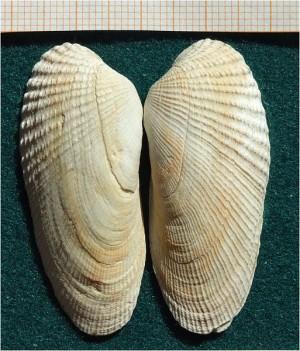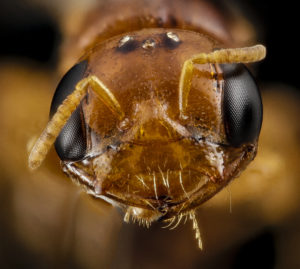Latest Jobs
-
Veterinarian Sanaga-Yong Chimpanzee Rescue

-
Marine Ecology Team Leader/Research Assistant Archipelagos Institute of Marine Conservation

-
Microplastics Laboratory Assistant Archipelagos Institue of Marine Conservation

-
Admissions Officer Archipelagos Institute of Marine Conservation

-
Marine Mammal Team Leader/Research Assistant Archipelagos Institute of Marine Conservation

Latest Volunteer Roles
-
ENVIRONMENT & WILDLIFE CONSERVATION OPPORTUNITIES The Wildlife For All Trust

-
Scott House Museum Collections Care Volunteer WWT - Wildfowl and Wetlands Trust

-
Volunteer Assistant Rangers – Eigg Scottish Wildlife Trust

-
Visitor Engager Volunteer WWT - Wildfowl and Wetlands Trust

A-Z of Invasive Marine Species: Petricolaria pholadiformis
It is most common off the coast of Essex and in the Thames estuary (River Medway). There are also isolated populations in both North Wales and Cornwall.
Read More »Climate Change and Sea Turtles
The warming of the planet due to climate change is causing reproduction patterns to change.
Read More »Is There Hope for Conservation?
James Borrell's recent TEDx talk on conservation achievements so far. Should we be more optimistic in conservation? Get involved with the debate.
Read More »Sawfish Facing Extinction
Sawfish are amongst the most threatened family of marine fishes. Overfishing and habitat destruction have resulted in many species disappearing from the coastlines of 46 countries. International conservation efforts and adequate fishing protections are required to prevent their complete extinction.
Read More »Rare Australian Bee Discovery
A bee in Australia has been discovered, after no sightings had been made of it for 100 years. However, it is extremely rare due to habitat loss and fragmentation, wildfires and climate change. It is also favours just one specific vegetation type, and with little known of its biology, time is running out to protect this native species.
Read More »Counting Elephants...From Space
A new surveying technique involving the use of satellite cameras has been used to count elephants. Automatic detection allows for vast areas to be surveyed much quicker, offering an alternative to human observers counting from low-flying planes.
Read More »Reach 1000's of candidates
AdvertiseSubscribe
Get the latest from us delivered straight to your inbox every week!






